Book Appointment Now
Anxiolytics
How Do Anxiety Pills Work? A Comprehensive Guide for Informed Choices
Anxiety disorders affect millions worldwide, leading many to seek relief through medication. Understanding how anxiety pills work can empower you to make informed decisions about your mental health treatment. This guide delves into the mechanisms, types, and considerations of anxiety medications, providing clarity for those exploring this treatment avenue.
Understanding Anxiety and Its Impact
Anxiety is more than occasional worry; it’s a persistent feeling of dread or fear that can interfere with daily activities. The condition stems from complex interactions between brain chemistry, environmental factors, and genetics. Key brain regions involved include the amygdala and hippocampus, which regulate emotions and memory. Neurotransmitters like serotonin, norepinephrine, and gamma-aminobutyric acid (GABA) play pivotal roles in mood regulation and stress response.
How Do Anxiety Medications Work?
Anxiety medications, often referred to as anxiolytics, aim to restore balance in brain chemistry, alleviating symptoms. Different classes of these medications function through various mechanisms:Verywell Health+1Verywell Mind+1
1. Selective Serotonin Reuptake Inhibitors (SSRIs)
SSRIs are commonly prescribed for anxiety disorders. They work by blocking the reabsorption (reuptake) of serotonin in the brain, increasing its availability. Elevated serotonin levels can enhance mood and reduce anxiety. Common SSRIs include:Verywell Health+1Verywell Mind+1
-
Fluoxetine (Prozac)
-
Sertraline (Zoloft)
-
Escitalopram (Lexapro)
These medications are generally well-tolerated, with side effects like nausea or sleep disturbances often diminishing over time.Verywell Health
2. Serotonin-Norepinephrine Reuptake Inhibitors (SNRIs)
SNRIs increase levels of both serotonin and norepinephrine by inhibiting their reuptake. This dual action can be effective for certain anxiety disorders. Examples include:Verywell Health+1Verywell Mind+1
-
Venlafaxine (Effexor XR)
-
Duloxetine (Cymbalta)
Patients may experience side effects such as increased blood pressure or dizziness.
3. Benzodiazepines
Benzodiazepines provide rapid relief by enhancing the effect of GABA, a neurotransmitter that inhibits brain activity, producing a calming effect. Common benzodiazepines include:
-
Alprazolam (Xanax)
-
Lorazepam (Ativan)
-
Diazepam (Valium)
Due to risks of dependence and withdrawal, they’re typically prescribed for short-term use.Verywell Health+3theguardian.com+3Verywell Health+3
4. Buspirone
Buspirone is an anti-anxiety medication that affects serotonin receptors, though its exact mechanism isn’t fully understood. It’s considered to have a lower risk of sedation and dependence compared to benzodiazepines.
5. Beta-Blockers
Primarily used for heart conditions, beta-blockers like propranolol can alleviate physical symptoms of anxiety, such as rapid heartbeat and trembling, by blocking adrenaline’s effects. They’re often used for situational anxiety, like public speaking
Showing all 11 results
-
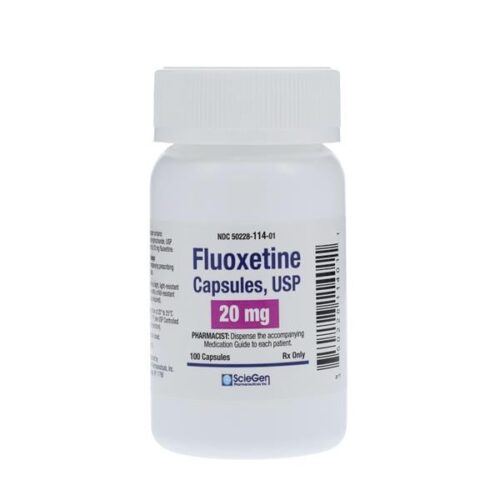
20mg -100 Caps/Fluoxetine (Prozac)Bottle
$525.00 -

Adderall XR 15mg
$310.00 – $720.00Select options This product has multiple variants. The options may be chosen on the product page -
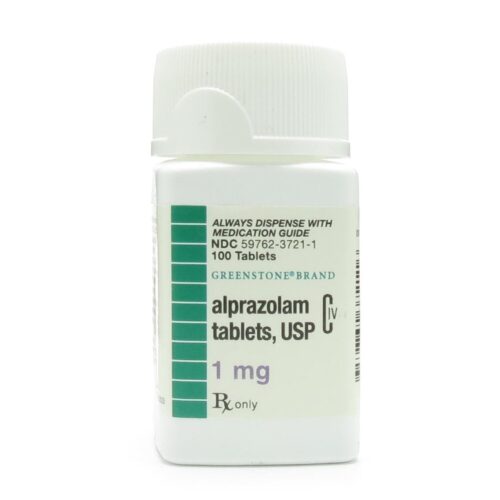
Alprazolam (XANAX) 1mg
$285.00 – $985.00Select options This product has multiple variants. The options may be chosen on the product page -

Ambien 10MG
$250.00 – $1,000.00Select options This product has multiple variants. The options may be chosen on the product page -

Ambien 5MG
$230.00 – $850.00Select options This product has multiple variants. The options may be chosen on the product page -

Citalopram 20mg 100 Tablets
$220.00 -

Citalopram 40mg 100 Tablets
$280.00 -
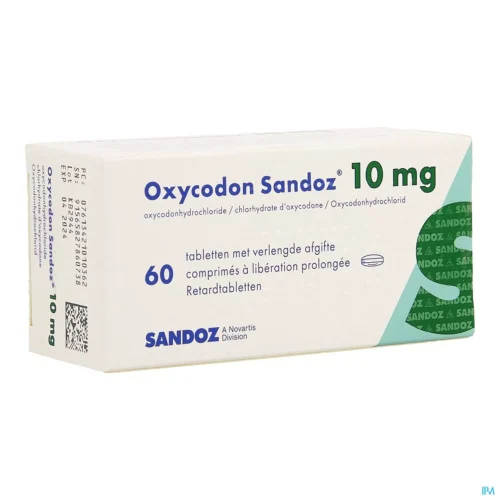
Oxycodone 10MG
$285.00 – $950.00Select options This product has multiple variants. The options may be chosen on the product page -
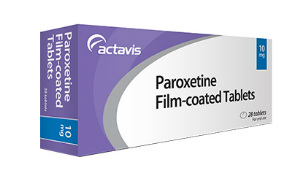
Paxil
$225.00 – $355.00Select options This product has multiple variants. The options may be chosen on the product page -

Wellbutrin 150MG
$115.00 – $275.00Select options This product has multiple variants. The options may be chosen on the product page -
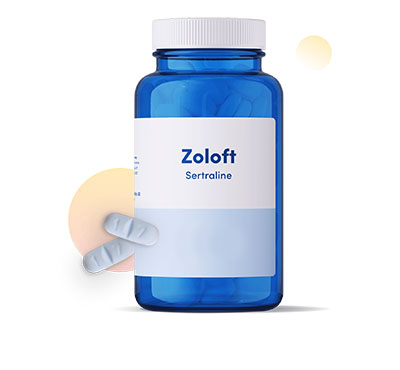
Zoloft
$85.00 – $115.00Select options This product has multiple variants. The options may be chosen on the product page
